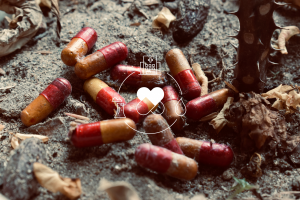- SIWI – Leading expert in water governance
- /
- Latest
- /
- Could the medicine we produce be making us sicker?
Could the medicine we produce be making us sicker?
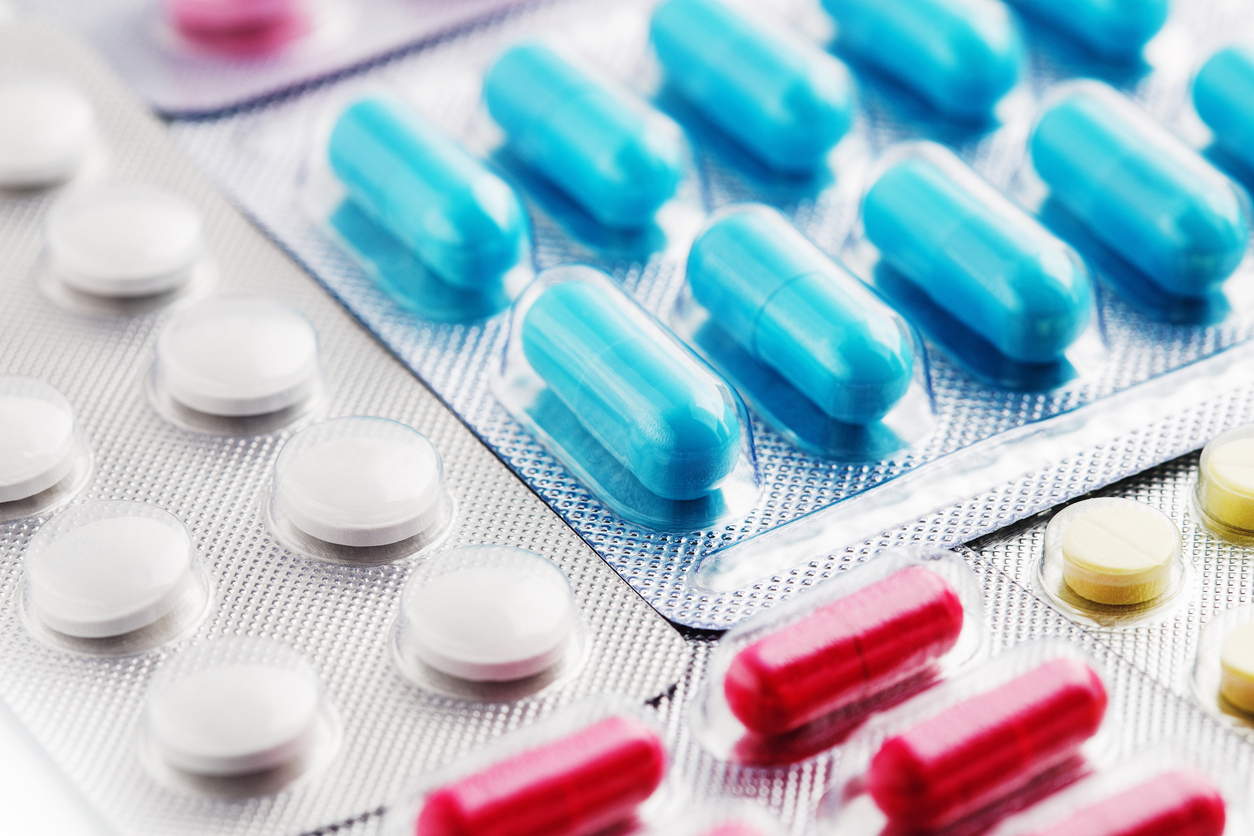
Amid growing concern for the global increase in Antimicrobial Resistance (AMR), SIWI strengthens the fight against AMR with the launch of a ground-breaking collaborative platform. The first of its kind, it brings together producers and procurers aiming to solve unaddressed challenges through collaboration. Andrea Caputo, from the SIWI pharma team explains what is happening and why it is so important.
What is the link between antibiotic resistance and water?
The presence of pharmaceuticals in wastewater means that the “medicine” can easily come into contact with bacteria which can develop a resistance to the chemicals, i.e. antibiotics. This development of a resistance is a natural phenomenon, which becomes substantially more likely as the presence of antibiotics increases. These bacteria can pass on resistance to pathogens they encounter, which in turn can be passed on to humans and animals. Resistance developed in a river in India could end up on a plane to anywhere in the world. Turning an initially local issue into a global one.
There are two main causes for these emissions. Wastewater from pharmaceutical production plants can contain high levels of micropollutants in the form of active pharmaceutical ingredients (APIs). Furthermore, in areas thousands of miles from a production plant micropollutants are found due to excretion. When a person or animal is prescribed antibiotics, the substances eventually pass through their digestive system and are excreted and ending up in the water. A defining factor here is misusage of antibiotics, which accounts for a substantial amount of eventual emissions
What is happening right now? Why are we talking about it?
Our pharma team was in India last week, launching a multi-stakeholder collaboration through the Responsible Antibiotics Manufacturing Platform (RAMP). By collaborating with a group of pioneering organizations from both the supply and demand side of the pharmaceutical market we aim to contribute to the fight against AMR. Engaging a broad range of actors is vital: if buyers are not involved and invested in the process there will never be a market for more sustainably produced antibiotics thus removing the incentive for the producers. The starting point for this platform will be India since the Indian pharmaceutical industry is the main supplier for the global markets. India is also pioneering the development of a regulation including effluent concentrations for antibiotics manufacturing RAMP in January. The passing of such regulation would make India the first country in the world to have a legislation to address and reduce emissions of antibiotics from production plants. This could set the bar for much more ambitious legislative change both at an EU level and globally.
A report released this week by Swedwatch and the Swedish Society for Nature Conservation highlighted the risks that manufacturing processes for the pharmaceutical industry pose to global health. The report highlighted that working on legislative measures to address the issue offering recommendations such as a stricter procurement process would ensure that environmental and human rights criteria are included and monitored as part of the public procurement processes of pharmaceutical products.
Water is one of the main drivers of AMR, how can it be part of the solution?
It is the misuse and mismanagement of wastewater that is causing problems. Properly managing wastewater from production plants and thereby reducing emissions of micropollutants is fundamental to reducing the occurrence of resistance. Ensuring good quality of the water safeguards that the human right to water is realized for communities along the waterways. SIWI’s work aims to reduce the release of pollutants into the environment via wastewater from pharmaceutical production plants. SIWI has long been working with this issue, identifying water and specifically wastewater management, as a defining factor in reducing the impact of pharmaceutical manufacturing on local and global health
How long has SIWI been working with this issue?
SIWI is one of the frontrunners when it comes to raising awareness of how manufacturing of antibiotics can decrease the negative impacts of prevalence in water. Together with the United Nations Development Program, UNDP, we ran the programme “Reducing Emissions from Antibiotics Production” (REAP). The experiences from REAP were recently published in a whitepaper and led to the creation of the RAMP platform as the need for closer collaboration was identified.
What is the next step in the fight against AMR?
The platform was presented in India, based on the huge role that the Indian pharmaceutical industry holds as a supplier for the global markets. India is also pioneering the development of specific regulation of effluent concentrations and wastewater prevention for antibiotics manufacturing. India is one of the countries with the highest rates of antibiotic resistance in the world. Many actions are already taken, but this platform helps in specifically targeting the industry emissions. While this is a contribution to the fight against antibiotic resistance in itself, it is also improving the readiness of the Indian industry for the changing market requirements when it comes to sustainable manufacturing. The experiences and lessons learned in India, can then be reapplied to other national contexts similarly characterized by substantial unsustainable practice in antibiotic production such as China.
We believe that effective, sustainable and hitherto unprecedented collaboration along the entire supply chain could lead to a breakthrough in the fight against AMR.
Most recent

SIWI Amman and UNICEF host Libya representatives for WASH exposure visit
- Water, Sanitation and Hygiene (WASH)
- Water governance

Water and land: Partners in climate mitigation
- Water in landscapes
- Wetlands
- Water governance

What is the role of water in rural and urban school facilities?
- Water, Sanitation and Hygiene (WASH)
- Water in landscapes
- Water governance
- Gender and water

Taking root: locally driven forest landscape restoration
- Water in landscapes
- Wetlands
- Groundwater
- Resilience through water
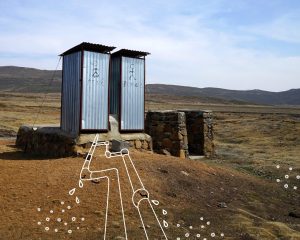
Realising rights through safe sanitation
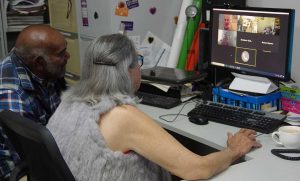
The rivers are sick: Aboriginal Elders take action to protect their rivers
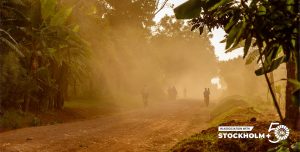
Water fundamental to a healthy planet and people
